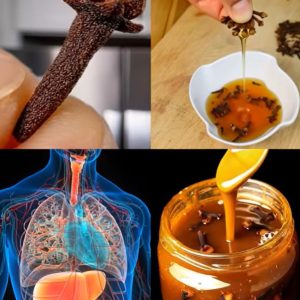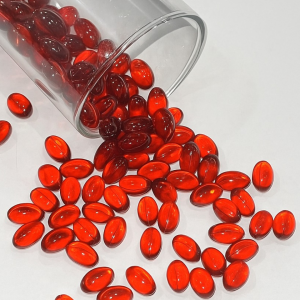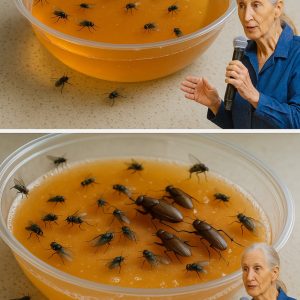
Worried about changes in your elderly loved one’s behavior or health? Unusual symptoms could be a sign of a mini-stroke—clinically referred to as a transient ischemic attack (TIA).
What Leads to Mini-Strokes in Seniors?
Mini-strokes are most commonly caused by a temporary reduction in blood flow to the brain.
In some cases, they can also be triggered by:
- Heart-related conditions
- Blood disorders that cause thickening
- Inflammatory diseases affecting the blood vessels

Mini Stroke vs. Stroke: What’s the Difference?
You often can’t distinguish between a stroke and a mini-stroke until after the event has passed.
Strokes are usually associated with lasting damage, while mini-strokes have effects that are temporary. A mini-stroke generally resolves within minutes, whereas a stroke can last several hours or even up to a full day.
There’s also a condition known as a “silent stroke.” These strokes occur without noticeable symptoms and are typically detected during MRI scans performed for unrelated health concerns.
Though there may be no memory of symptoms, silent strokes can still cause brain damage. Sometimes, the brain compensates for the damaged area, hiding the impact. However, silent strokes are often an early warning sign of more serious strokes in the future.

Early Signs of a Mini-Stroke in the Elderly
Mini-strokes share many of the same symptoms as a stroke, including:
- Sudden weakness or numbness in the face, arms, or legs—usually on just one side
- Trouble speaking or understanding speech
- Sudden loss of vision in one or both eyes
- Dizziness
- Poor balance or coordination
- Confusion
Though mini-stroke symptoms often disappear within a few minutes, they can occasionally last up to 24 hours.
Because symptoms of a stroke and mini-stroke are nearly identical at first, seeking immediate medical attention is essential.
Mini-strokes happen when a temporary blockage—such as a blood clot, plaque buildup, or artery spasm—disrupts blood flow to the brain. Older adults face higher risks, especially if they have high blood pressure, diabetes, elevated cholesterol, or a smoking history.

These brief episodes should never be brushed off. Immediate evaluation is crucial.
Treatment usually involves blood-thinning or antiplatelet medications to reduce the risk of further clots. Lifestyle adjustments—like adopting a healthier diet, staying physically active, and avoiding tobacco—also play a vital role in prevention.
Mini-strokes serve as serious warnings that a major stroke could be next. Timely detection and treatment are key to protecting your loved one’s long-term health. Always reach out to a healthcare provider if you notice symptoms or know that risk factors are present.




